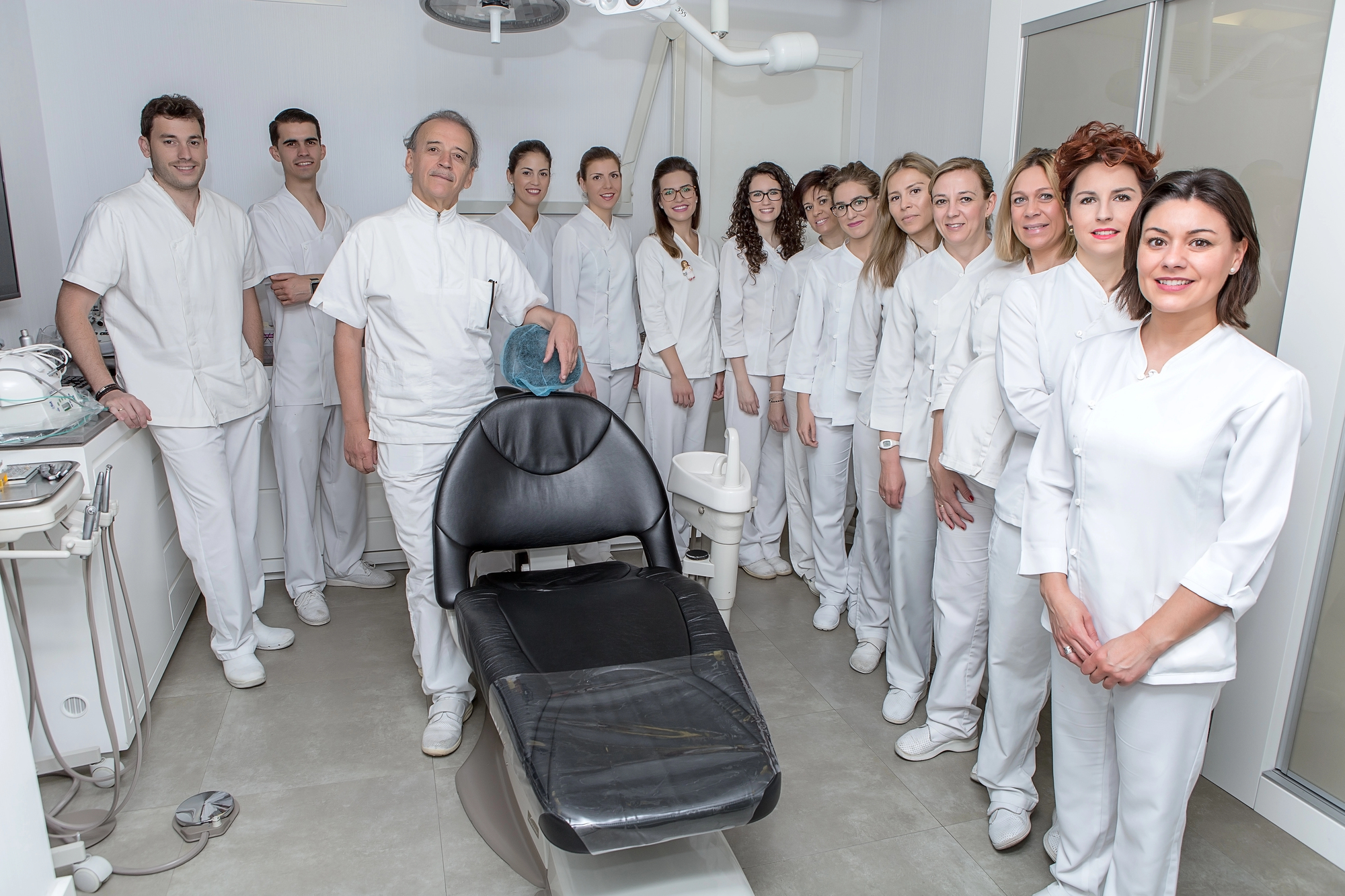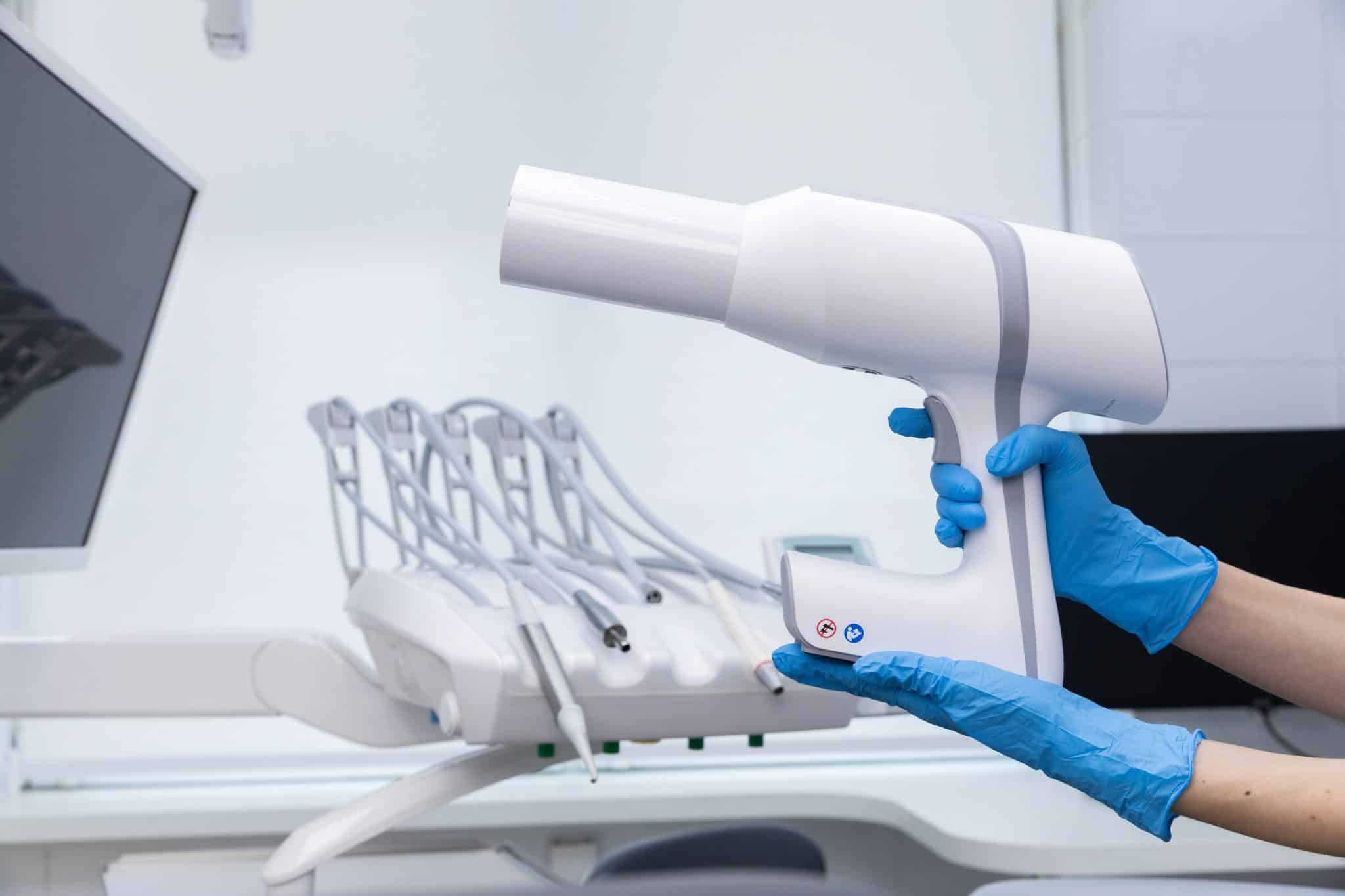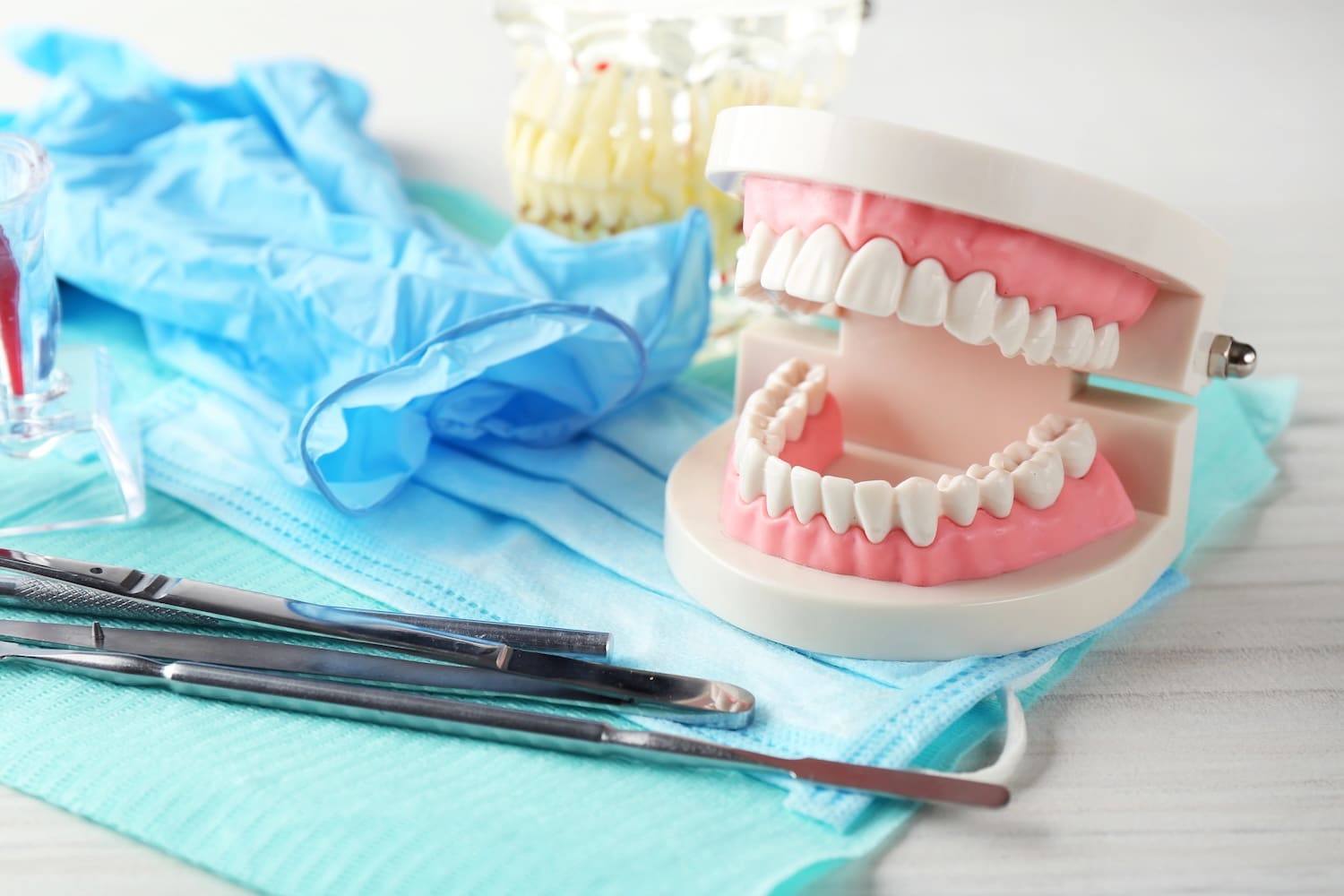Determining the right time to incorporate is a pivotal decision for dental associates in Ontario that influences both your financial strategies and legal protections. Incorporation means transitioning from working as an employee or independent contractor to operating through your own professional corporation. This structure can provide benefits such as limited liability, significant tax advantages, and enhanced financial planning opportunities. However, it also requires careful consideration of the challenges and requirements unique to Ontario dentists.
Table of Contents
ToggleUnderstanding Incorporation for Ontario Dental Associates
Incorporation is the process of forming a legally recognized business entity that is separate from you as an individual. For dental associates in Ontario, this means creating a Professional Corporation (PC) that contracts with dental practices to provide your services. Your corporation becomes its own legal “person” under Canadian law, able to own property, enter into contracts, and be held liable independently of you personally. This separation helps protect your personal assets while creating opportunities for tax planning and professional growth.
Common Practice Structures for Dental Associates in Ontario
Employee or Independent Contractor (Most Common for New Graduates)
- The simplest structure when you first graduate and begin working as an associate
- Income is reported on your personal tax return (T4 or T4A income)
- No incorporation costs, but limited tax planning opportunities
- No protection of personal assets from business liabilities
Incorporated Dental Associate (Professional Corporation)
- You establish your own Professional Corporation under the Business Corporations Act (Ontario)
- Your corporation contracts with dental practices to provide professional services
- Must comply with Royal College of Dental Surgeons of Ontario (RCDSO) regulations
- Provides liability protection for business debts and significant tax planning advantages
- Requires ongoing compliance with corporate and professional regulatory requirements
Important Note: Once a dentist owns their own practice, they typically operate through a Professional Corporation. This article focuses specifically on when a dental associate should incorporate, which is a different decision point than practice ownership.

Benefits of Incorporating as a Dental Associate in Ontario
Significant Tax Advantages
The primary benefit of incorporation for Ontario dental associates is tax efficiency. In 2025, the small business tax rate in Ontario is approximately 12.2% on the first $500,000 of active business income, compared to personal tax rates that can exceed 53% at higher income levels.
This tax differential allows you to:
- Retain more earnings in your corporation for future investment or practice purchase
- Defer personal taxes by leaving money in the corporation until you need it personally
- Income split with family members (within CRA rules) to reduce overall family tax burden
- Purchase equipment, vehicles, and other business expenses using pre-tax corporate dollars
For example, if you earn $250,000 as an incorporated associate, you could pay approximately $30,500 in corporate tax (12.2%) on retained earnings, versus paying over $100,000 in personal taxes on the same amount if earned personally.
Liability Protection
Incorporation creates separation between your personal and corporate assets. If your corporation faces financial challenges or business-related claims (such as contract disputes or business debts), your personal savings, home, and investments are generally protected.
Important caveat: Professional malpractice liability is not shielded by incorporation in Ontario. You remain personally liable for professional negligence, which is why maintaining adequate malpractice insurance remains essential.
Retirement and Investment Planning
A Professional Corporation in Ontario provides powerful retirement planning tools:
- Individual Pension Plans (IPPs) for tax-advantaged retirement savings
- Investment portfolio building within your corporation at lower tax rates
- Lifetime Capital Gains Exemption potential when selling your corporation ($1.25 million as of June 25, 2024)
- Estate planning flexibility for transferring wealth to family members
Challenges of Incorporation in Ontario
Legal and Regulatory Compliance
Operating as an incorporated dental associate in Ontario involves ongoing compliance requirements:
- RCDSO regulations: Your Professional Corporation must comply with all Royal College requirements, including restrictions on shareholders (generally limited to dentists or family members)
- Corporate filings: Annual corporate tax returns (T2), Ontario corporation tax, and annual returns to the province
- Detailed record-keeping: Corporate minute books, shareholder agreements, and financial statements
- Professional bookkeeping and accounting: Required to maintain proper corporate records and ensure CRA compliance
Costs of Incorporation
While incorporation provides long-term financial benefits, it comes with upfront and ongoing costs:
Initial Costs:
- Legal fees for incorporation and shareholder agreements: $2,000 – $5,000
- RCDSO Certificate of Authorization application fee: $750
- Ontario corporate registration fees: $300 – $360
Ongoing Annual Costs:
- Professional accounting services (bookkeeping and T2 filing): $3,000 – $8,000
- RCDSO annual Certificate of Authorization renewal: $175 (if paid by July 31) or $200 (if paid after July 31)
- Legal consultations as needed: $500 – $2,000
- Annual corporate filings and renewals: $300 – $500
These costs are generally tax-deductible and should be weighed against the significant tax savings incorporation provides.
Administrative Time and Complexity
Running a Professional Corporation requires more than just providing dental care. You’ll need to:
- Maintain separate corporate bank accounts and credit cards
- Track expenses meticulously for corporate deductions
- Manage payroll if you pay yourself a salary
- Coordinate with accountants for quarterly planning and year-end filing
- Ensure compliance with both CRA and RCDSO requirements
Determining the Right Time to Incorporate in Ontario
For most dental associates in Ontario, incorporation makes financial sense when:
1. Your Income Consistently Exceeds Your Living Expenses
If you’re earning $200,000+ annually but only need $100,000-$150,000 for personal living expenses, the tax savings from leaving excess income in your corporation become substantial. This “retained earnings advantage” is the primary driver for incorporation timing.
2. You’re Planning to Purchase a Practice
If you’re considering buying a dental practice within the next 2-5 years, incorporating early allows you to:
- Build a down payment fund at the lower 12.2% corporate tax rate
- Establish corporate credit history and relationships with lenders
- Structure the eventual purchase through your corporation for optimal tax treatment
3. You Want to Build Long-Term Investments
Once incorporated, you can invest surplus corporate funds in stocks, bonds, or real estate at preferential tax rates, building wealth more efficiently than investing with after-tax personal dollars.
4. Your Income Has Stabilized Above $150,000-$200,000
At this income level, the tax savings typically exceed the costs of incorporation and administration. Below this threshold, the administrative burden may outweigh the benefits for some associates.
5. You’re Ready for the Administrative Commitment
Ensure you have (or are willing to hire) professional support for bookkeeping, accounting, and legal compliance. Without proper systems, the administrative burden can become overwhelming.

Incorporating Your Practice with Confidence
Deciding when to incorporate as a dental associate in Ontario comes down to income level, savings goals, and long-term planning. For most associates earning over $200,000 with stable income and future practice ownership ambitions, incorporation provides significant financial advantages that far outweigh the costs and complexity.
At Dental Tax, we focus exclusively on serving dentists across Canada, with deep expertise in Ontario’s unique regulatory and tax environment. Our team understands the specific requirements dental associates face when incorporating under RCDSO regulations and can guide you through:
- Determining your optimal incorporation timing
- Navigating RCDSO Certificate of Authorization requirements
- Structuring your Professional Corporation for maximum tax efficiency
- Ongoing corporate bookkeeping, tax planning, and CRA compliance
- Transition planning when you’re ready to purchase your own practice
Ready to explore if incorporation is right for you? Contact Dental Tax today for a consultation tailored to your specific situation as an Ontario dental associate.
This article provides general information about incorporation for dental associates in Ontario. Tax laws and RCDSO regulations change regularly. Always consult with qualified accounting and legal professionals before making incorporation decisions.
Adam has an MBA from the Richard Ivey School of Business in London and also holds a Chartered Investment Manager designation.
- Tax Return Preparation Guide for Dental Professionals - January 19, 2026
- Financial Lessons from Successful Dental Practices - January 12, 2026
- 2026 Tax Changes Affecting Canadian Dentists - January 5, 2026




